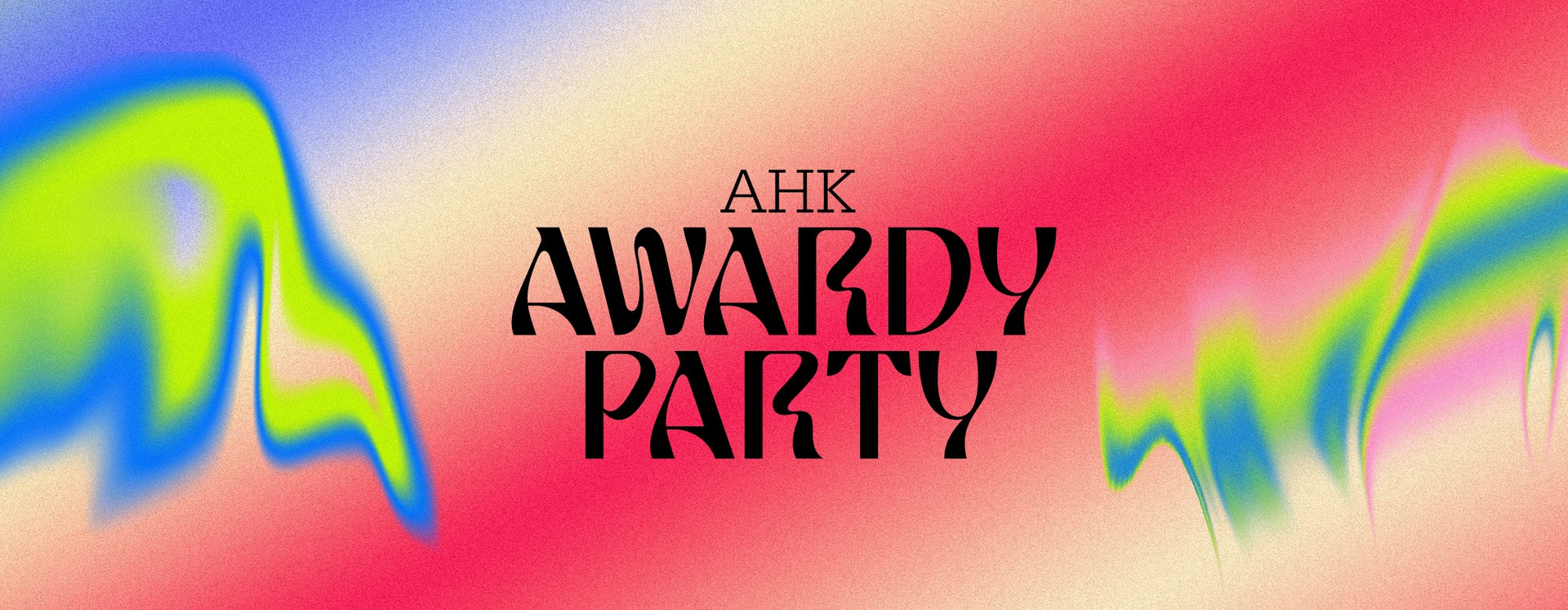It is not My Music, it is the Film’s Music
Anne Teikari (Masters of Music, Conservatorium van Amsterdam) studeerde af met It is not My Music, it is the Film’s Music. Een onderzoek dat de samenwerking overdenkt waarbij individuele psychologische creatieve processen van de makers in elkaar overlopen.
De casestudy is een fictiefilm voor studenten en de samenwerking tussen de editor, regisseur en componist. In een film is het niet alleen de componist die beslissingen neemt die de muziek beïnvloeden. Dit idee van een filmcomponist als een collaborateur vecht tegen het romantische concept van een klassieke componist waar we aan gewend zijn: het "God-achtige" genie dat zijn toverkunsten op het notenpapier afgeeft, wordt onderuit gehaald zodra de eerste muziekdemo van de filmcomponist naar de regisseur gestuurd wordt. Wanneer je werkt met een verhaal dat iemand anders heeft gecreëerd, is het sociale aspect van het werk net zo belangrijk als het muzikale.
Anne: "My thesis dives into the question of what does it mean to be a maker? Even if there was only one person addressed as the composer, what does it mean to be the addressed maker in a collaboration?"
It is not My Music, it is the Film’s Music
Aanbevelingen
Dr. Joachim Junghanss, Deputy Director Conservatorium van Amsterdam: 'Anne’s thesis' offers much value, beyond academia. Her thesis opens fresh perspectives on the role film music as a genre, not only under musical considerations. The social context in which decisions are made ‘behind the scenes’ affects film music. The societal context influences the creative and compositional process.'
Sini Mononen, musicologist and an art critic: 'Anne Teikari tackles the issue of composing in a collaborative setting of a film production. Teikari, had to change her way of thinking about film music research while writing the thesis. To be able to change one's thinking from one paradigm to another, is never an easy task. Through rigorous reading, auto ethnography, and interviewing her colleagues, she approached film composing as a collaborative effort, where one is not composing music of their own but for the purposes of the film and in the service of collaborative creativity.'
Project van:
Anne Teikari

